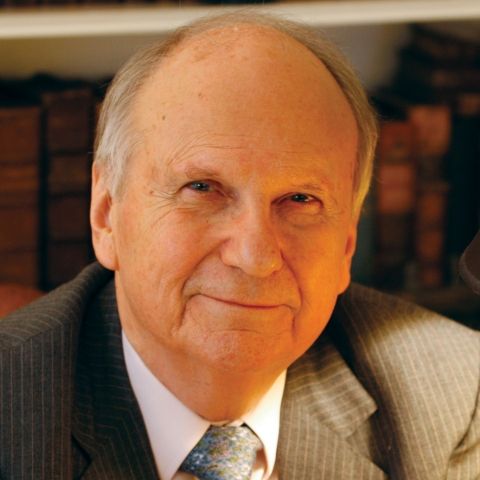
Fair Trial and Free Expression: A Background Report Prepared for and Presented to the Subcommittee on Constitutional Rights
Freedom of expression and the right to a fair trial are two of the fundamental precepts of a free society. Both interests enjoy constitutional status-in the First Amendment’s protection of free speech and press, in the Sixth Amendment’s assurance of those procedures thought necessary to secure a fair trial, and the Fifth Amendment’s guarantee of due process of law.
This report on fair trial and free expression was undertaken at the request of the Subcommittee on Constitutional Rights of the Senate Judiciary Committee. Its purpose is to explore fair trial-free expression issues and to aid the Subcommittee in determining whether hearings or legislation would be useful. The report considers relevant case law, proposal, and reports (such as those of bar associations and other groups) and offers commentary and recommendation for the Subcommittee’s consideration.
The research for this report was largely complete by March 1, 1976. After the report had been written, the Supreme Court decided Nebraska Press Association v. Stuart, 96 S. Ct. 2791 (1976), in which the Court struck down a Nebraska court order restricting press coverage of a murder trial in that state. The Court's decision in Nebraska Press reinforces the conclusions reached in this report, and the bearing of that decision on the fair trial-free expression issue is summarized in an addendum to the report.